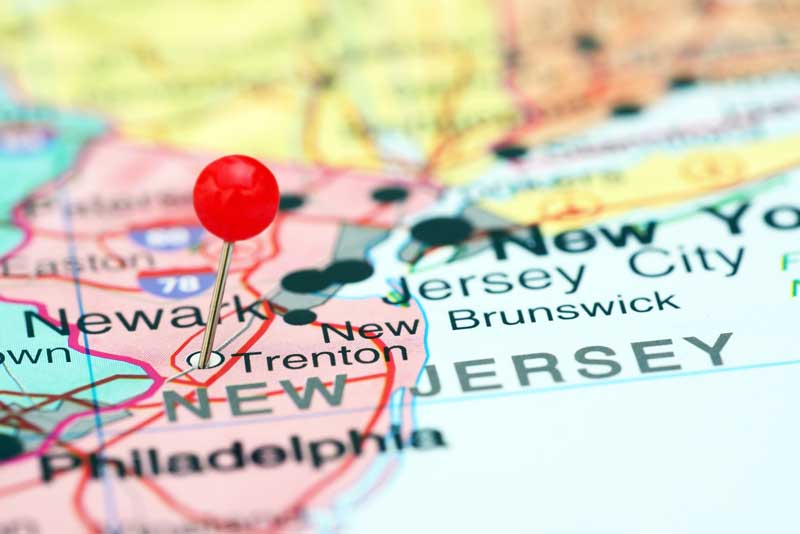New Jersey to Receive At Least $141 Million From VW
Highland Park, New Jersey: November 30th, 2017
On November 21st, the Christie Administration formalized its status as a beneficiary of the VW Mitigation Trust and will receive at least of $72.2 million in funding from the VW settlement. Governor Christie has designated the New Jersey Department of Environmental Protection (DEP) as the lead agency to administer the settlement funds. If all eligible beneficiaries do not formalize their intentions by the deadline later this week, it is possible that New Jersey could receive additional funds from the Mitigation Trust.

Separately, the State of New Jersey pursued a stand-alone lawsuit in state Superior Court against the automaker. That litigation resulted in a penalty award to the State of $69 million. “I am proud of these results that should deter any company thinking of similarly deceitful practices,” said Governor Christie, continuing, “These funds will be used to protect public health, our environment, and provide residents with cleaner air.”
While it has yet to be decided how the penalty funds will be used, the Mitigation Trust restricts the areas and activities to which the Trust proceeds may be applied.
Up to 15% of the proceeds of the Trust may be used for electric vehicle charging infrastructure and ChargEVC has advocated that the maximum allowable be used to electrify our roads. Explains Pamela Frank, CEO of ChargEVC, “We know the number one concern is the fear of running out of charge. Getting a network of high speed charges out on our roads will address that concern. The timing couldn’t be more perfect given that affordable electric vehicles of all shapes and sizes with over 200 miles to the charge will be coming to New Jersey over the next 36 months.”
More electric vehicles on our roads bring big benefits. According to a study to be published by ChargEVC in early December, in New Jersey the biggest source of air pollution and greenhouse gases comes from the 6 million plus automobiles on our roads. Electric vehicles have no tailpipes, and therefore no emissions. In a letter last March to Governor Christie, ChargEVC recommended that the remaining balance of the funds be directed to urban areas, the most adversely impacted by diesel emissions and air pollution in general.
“Those of us who live and work in cities and older suburbs suffer the most from air pollution,” noted Martin Johnson, CEO of Isles Inc. “There, switching to EV buses, cars and trucks can eliminate much of that dangerous smog, fight climate change and save money. We look forward to helping the new Administration guide these resources to their best and highest use. We all deserve to breathe clean air.”
